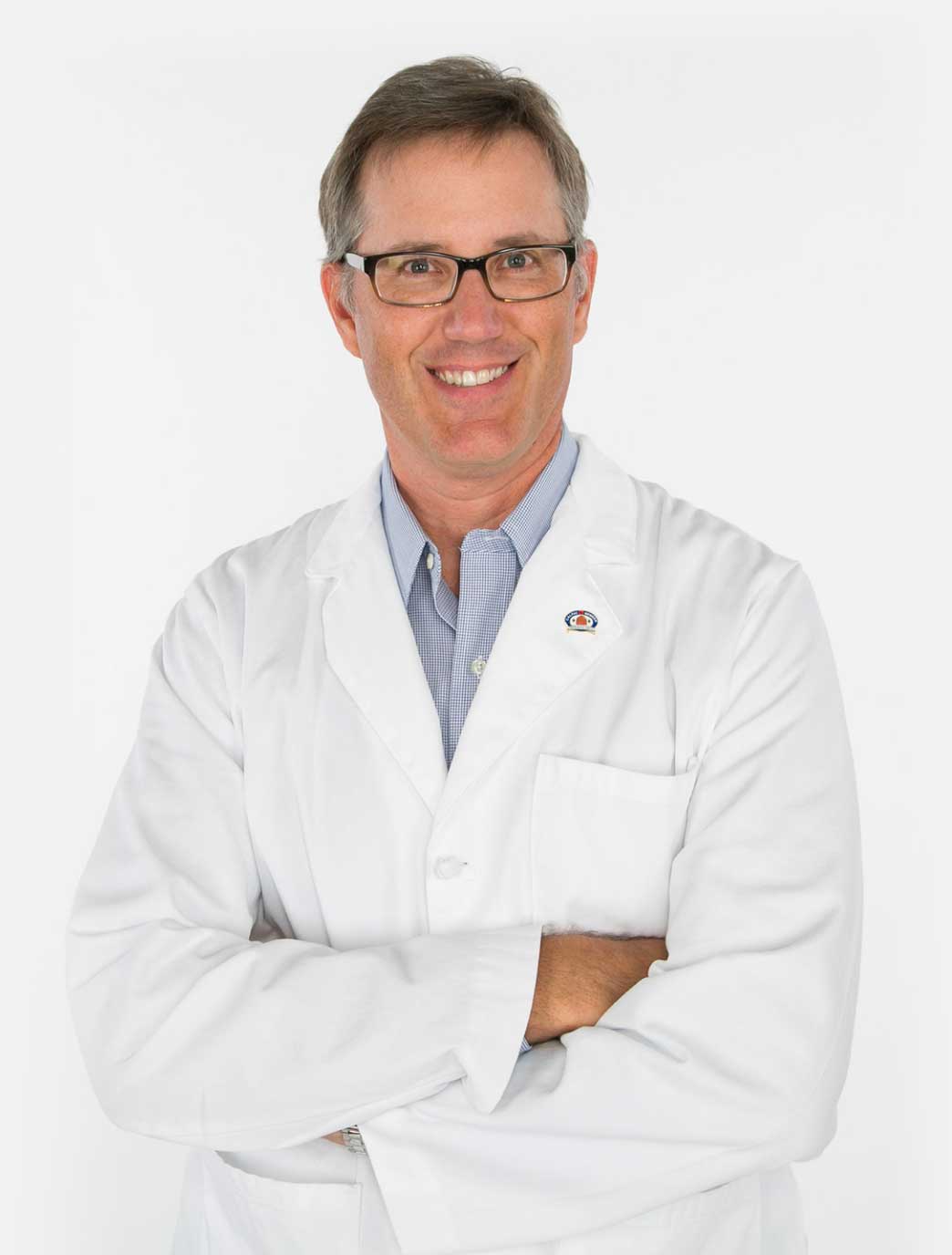Weight loss surgery is the most effective long-term treatment for obesity. Why? Because surgery resets the body weight “set-point” to a lower weight (see blog post Weight Loss Surgery Changes The Body Weight Set Point). Nonsurgical methods of weight loss are not effective over the long-term because they do not change the body weight set-point (see blog post The Body Weight Set Point Prevents Weight Loss).
Long-term weight loss success after weight loss surgery, however, is not a sure thing. Studies show that between 10-30% of patients experience weight regain after weight loss surgery. Many patients I talk to report knowing people who have gained weight back after weight loss surgery. Why does this sometimes happen?
The simple reason is because surgery doesn’t change the factors that caused weight gain in the first place. Surgery can be thought of as a big do-over. Surgery will cause weight loss and reset the set point lower. This enables long-term maintenance of weight loss, if the factors that caused weight gain before surgery are changed. This is the challenge for patients after weight loss surgery.
Why do people gain weight? The primary reasons are genetics and eating habits. Genetics determines a person’s susceptibility to gain weight when extra calories are consumed, and eating habits determine calories consumed.
We all know people who can eat horribly bad and not gain weight. These people are genetically “lucky” in that their biology has a way (which we don’t understand) to get rid of extra calories and not store them as fat.
People genetically susceptible to weight gain store extra calories as fat. With this type of genetics, even minor dietary indiscretions can result in weight gain over time.
Eating habits determine calories consumed. Unfortunately, it is very easy to eat too many calories. Poor food choices and eating when not hungry are common issues. The fact that unhealthy foods often taste better, and are quicker/easier/more convenient/cheaper than healthy foods is a challenge.
After weight loss surgery, patients remain genetically susceptible to weight gain. Extra calories consumed will be stored as fat rather than eliminated. Because we can’t change a person’s genetics, the only way to maintain weight loss long-term after surgery is to not consume extra calories.
Surgery makes this possible by resetting the body weight set point lower (see blog post Weight Loss Surgery Changes The Body Weight Set Point). The reason people can’t maintain weight loss after diet-induced weight loss is because the body weight set point remains elevated (see blog post The Body Weight Set Point Prevents Weight Loss). This resetting of the set point lower is the tool that surgery provides.
Surgery doesn’t prevent people from consuming too many calories. Patients often believe that having a small stomach will prevent excess calorie intake, but this is not true. It is very easy, maybe not early after surgery, but eventually, to consume an extra 100 or 200 calories a day. One hundred extra calories every day for a year adds up to 10 pounds!
Long-term success after weight loss surgery requires good eating habits (see blog post What To Eat After Weight Loss Surgery). Generally this means 3 meals/day, controlled portion sizes, healthy food choices, and minimal snacking. When I see patients many years out from surgery who have done well, they typically have good eating habits. They have changed whatever bad eating habits they had before surgery. When I see patients who have had significant weight regain after weight loss surgery, they typically have the same bad habits that they had before surgery.
Read more about Dr. Oliak and his Orange County weight loss surgery program at www.OliakCenter.com.
More Weight Loss Surgery Resources

David Oliak, M.D.
Dr. Oliak is a board-certified, fellowship-trained surgeon who specializes in minimally invasive (laparoscopic and robotic) weight loss surgery. He has been in practice in Orange County, California, since 2002, has completed more than 3000 weight loss operations, and has a track record of excellent patient outcomes.*
Dr. David Oliak is the founder of the Oliak Center for Weight Loss. He started the Oliak Center because he wanted to provide weight loss surgery done right. His commitment has always been to provide the kind of care that he himself would want to receive. Dr. Oliak is affiliated with only the best bariatric hospitals and surgery centers in Los Angeles County and Orange County.
* Individual patient results vary. Past performance is not a guarantee of future results.
Which weight loss surgeon is right for you?
Download this guide of questions to ask your weight loss surgeon to help make the best decision for you.



